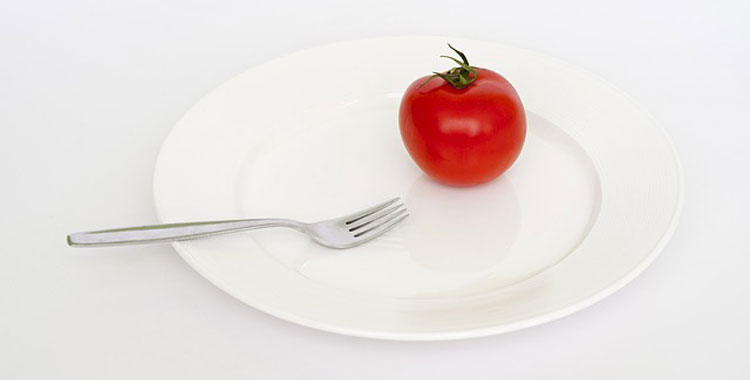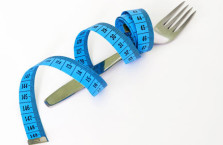Not sure why your jeans suddenly feel tighter? Choices you make in your everyday life might be secretly causing you to gain weight. Here’s how to spot seven diet saboteurs
1. Fancy coffee-shop beverages

Your daily treat from the corner coffee shop may be adding a significant amount of calories to your diet. For example, a Grande Strawberries and Crème Frappuccino with whole milk and whipped cream at Starbucks is 370 calories and 15 g of fat. Instead, choose a regular coffee. Alone, it has no calories, but even with cream and sugar it’s a much better choice: You’ll add 24 calories and 3 g of fat per tablespoon of cream, and 16 calories per teaspoon of sugar. Make this swap once a week and you’ll cut 17,160 calories a year, which adds up to almost 5 pounds.
2. Eating on the run

Most of us have caught ourselves walking and eating, or stuffing down a meal to get to our next commitment on time. “Eating on the run often leads to eating too quickly for your hunger and satisfaction signals to keep up,” says Mary Bamford, registered dietitian. What’s too fast? According to Bamford it means taking less than 20 minutes to eat a meal.
Instead, sit down (eating in the car while driving doesn’t count) and slow down. “If you eat in a hurry and rely on your hunger signals to know when you’ve had enough, you have to overeat to feel satisfied,” she says. “And then 30 to 60 minutes later, if you are paying attention, you may realize you are stuffed,” she adds. So stop walking and munching, and make time to savour your meals.
3. Overindulging on weekends
Researchers have found that people don’t realize they eat markedly more on weekends, particularly on Saturdays, when they tend to consume more fat. Those extra calories can add up quickly.
To combat overindulging on Saturday and Sunday, pay attention to portion size, weigh yourself daily (or on Fridays and Mondays only) and watch your alcohol intake, which provides empty calories and lowers your food inhibitions.
4. Portions that are too large

It’s a simple fact: Eat less and you’ll lose weight. There’s good evidence that over the past 50 years, restaurant portions have “super-sized,” and our waistlines have grown along with them. We’ve become accustomed to eating larger servings to the detriment of our health.
To combat this habit, use a smaller plate for your meals. Less space on the plate means automatic portion control. And when ordering or buying food, choose the smallest size of any high-calorie items.
5. Crash diets
Dieting makes food an enemy, not a source of sustenance and well-being. So-called yo-yo dieting—losing weight, putting it back on, losing it again and so on—is bad for your health. If you suddenly reduce your food intake, you body, because it is designed for survival, will slow down your metabolic rate in order to store energy more efficiently. This is why people on a diet crave snacks like chocolate, which gives a quick boost to their energy levels, and why weight loss slows down dramatically after the first couple of weeks.
To reach and maintain a reasonable body weight, you need a balanced diet full of nutrients to prevent disease and to ensure optimal energy and psychological well-being
6. Skipping meals
“Skipping meals can have a negative impact on your metabolism,” says Toronto nutritionist Aviva Allen—your body might start storing extra fat in anticipation of more missed meals. Instead of eating less, consume small, nutrient-dense snacks and meals more often – every three hours is ideal – and try not to eat after seven o’clock at night, when your metabolism is at its slowest.
Eating often also makes it easier to stay on track beacause denying yourself food isn’t a sustainable practice. “The biggest mistake is to think of your diet as a temporary event to reach a specific weight-loss goal,” says Allen. “If you plan to return to your old habits once you’ve reached your goal, the weight will quickly return.”
7. Boring workouts

No matter how good the fitness plan, sticking with the exact same routine day after day is hard—and discouraging. Try a different workout for every day of the week, each focusing on a different body part. Whether you vary the number of reps you do or make a switch from cardio to resistance training, it’s important to vary your routine enough so you don’t get bored!
Visit Best Health Magazine for more insight on health!













